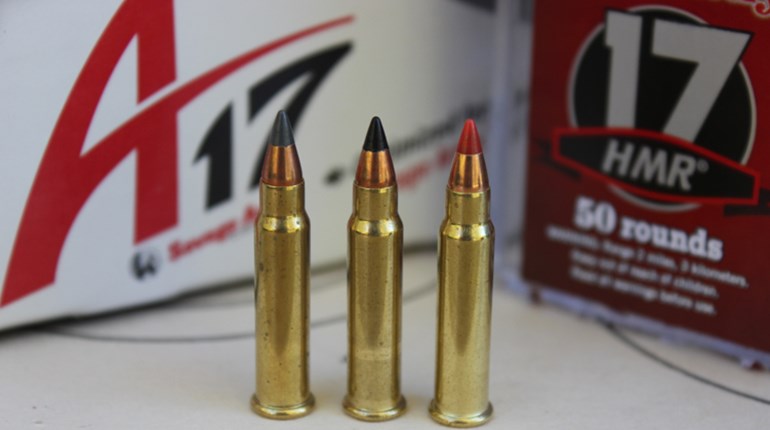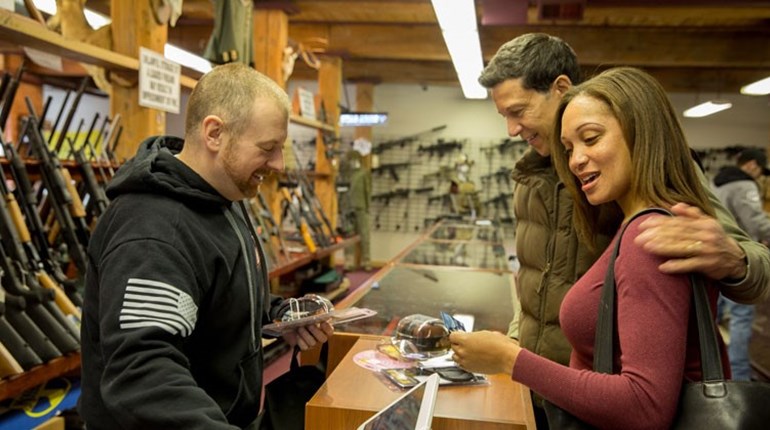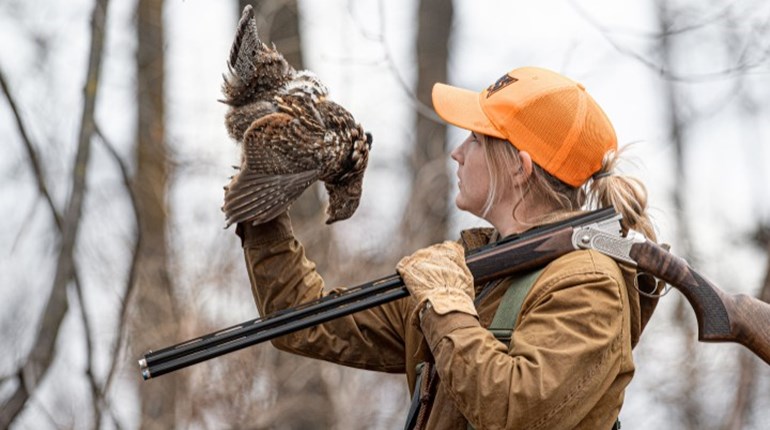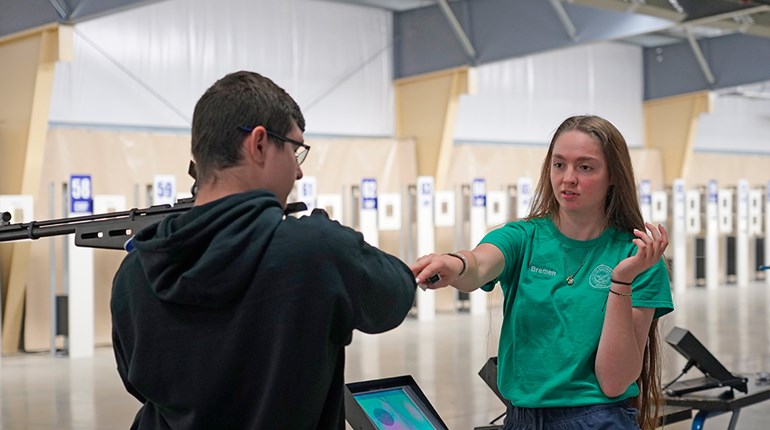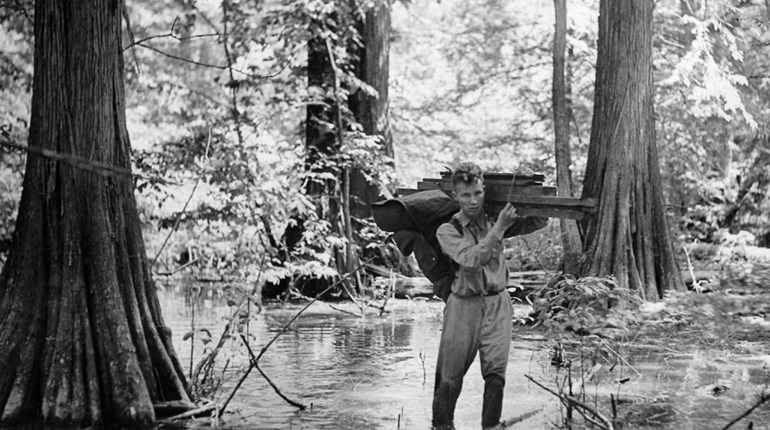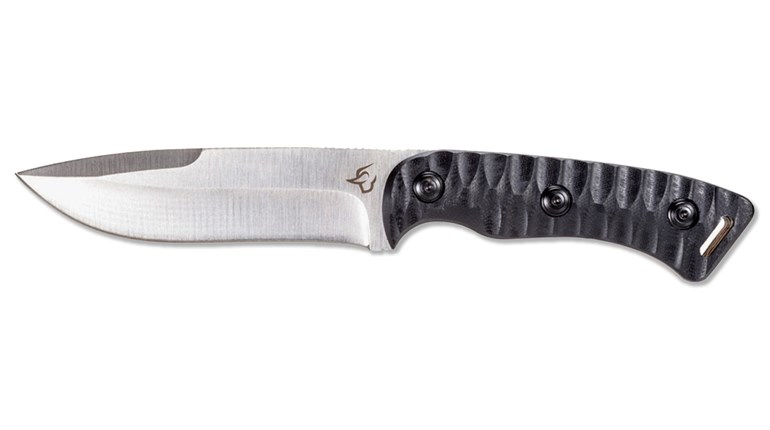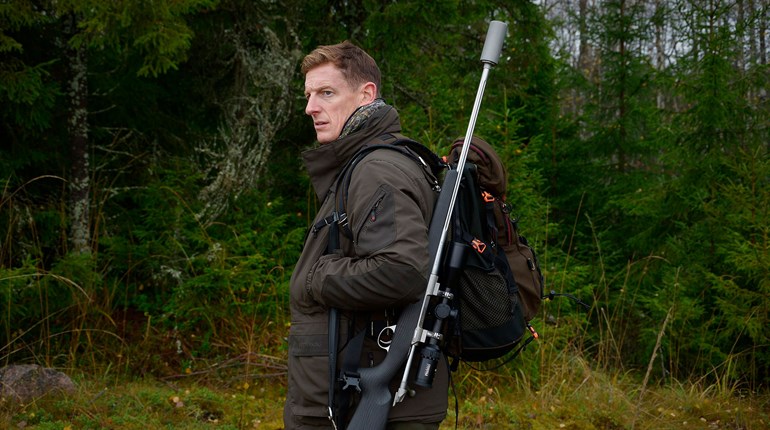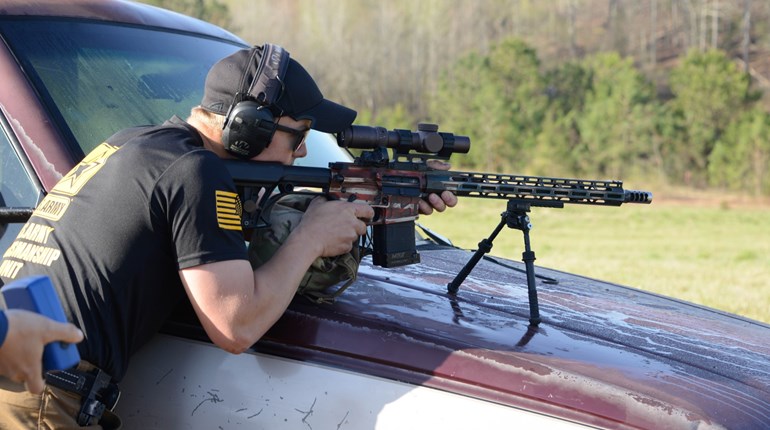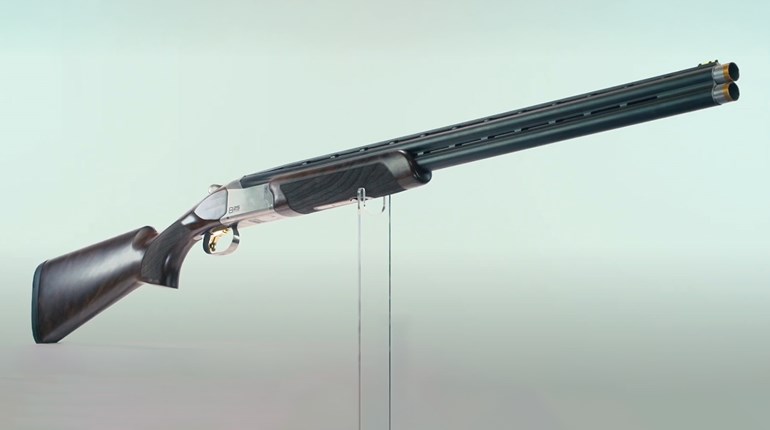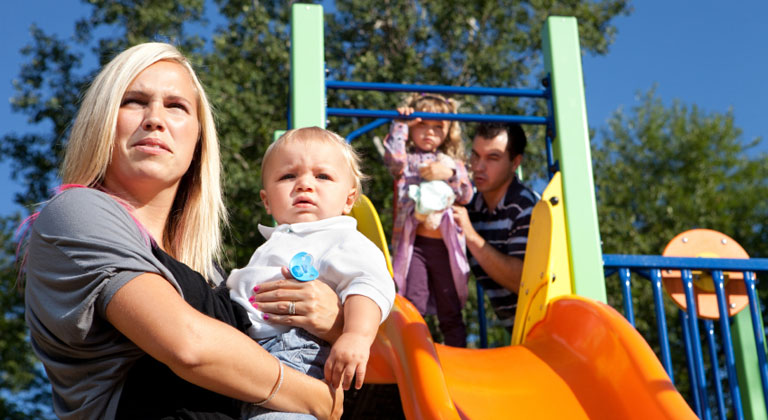
When I brought my newborn daughter home from the hospital, my wife and I received a lot of advice, both solicited and unsolicited, on topics ranging from sleep cycles to feeding to treating diaper rash and colic. Most of the advice was thoughtful, and it helped me wade through those first few exhausting weeks of fatherhood. But one particular directive struck me: A woman that came by the house to give my daughter’s cheeks a squeeze, stuck a bent finger in my face, and said, “You need to do something about all those guns. Keep them locked up, at least.”
Admittedly, I know precious little about diaper rash or colic, but I know guns. And I could read between the lines when she said keep them locked up, at least. Translation: You really should get rid of your guns because you have a kid.
I grew up in a house with guns. Maybe you did too. If guns were innately dangerous we wouldn’t have made it this far in life. But there are those that feel that all guns are dangerous, in large part because the only exposure they have to firearms comes via news outlets that paint all guns and gun owners with a broad, bloody brush. There will come a day when my daughter will climb onto the school bus for the first time and step out into the big world. And I know too that she will make friends with kids whose parents don’t want their child hanging out with that gun writer. So, how do we handle those parents? How do we help them to understand that just because I own guns does not make me irresponsible? Here are a few key points that you need to keep in mind when talking to parents who don’t want their child playing in a house with guns.
1. Find Common Ground:
The parent who refuses to allow their child to come to a house with firearms doesn’t want their child to be hurt or killed. Guess what? I am a parent, I have guns, and I don’t want to see my child or anyone else’s hurt or killed, either. Guns are like automobiles, votes or gasoline and matches in that their use—good or bad—depends on the merit of the individual who controls them. Frankly, there are people with whom my daughter doesn’t ride in a car, not because cars are inherently bad, but because I don’t trust the driver.
2. Educate:
The first key to dealing with a parent who is anti-gun is not to engage in a war of words but rather to explain to them that the myths perpetuated by anti-gun outlets are not true. Tell them that, as a gun owner and a parent, you are acutely aware of the fact that irresponsible gun handling can lead to injury, but help them understand that groups like the NSSF and NRA are working to help educate people about safe gun handling. There’s a widespread notion among anti-gun forces that groups like the NRA are somehow against gun safety, which could not be further from the truth. Tell these parents that gun groups are at the forefront of gun safety, leading the charge toward better security for firearms and gun education for all. Ask them if they’ve ever shot a gun and invite them to the range, or invite them to review NRA safety programs designed for kids, like Eddie Eagle.
3. Shoulder the Responsibility:
I don’t know your kid. I don’t know if they’ve had any exposure to guns save the endless theatrical violence they witness in television and movies, but I’m certainly not going to allow my guns to reach your child’s hands. The responsibility of safe gun handling lies on the shoulders of gun owners, and we need to accept that responsibility. That’s a powerful message to advocates of strict gun control; I don’t believe that this responsibility lies with the government but rather with the individual, and to preserve that right I intend to take care to see that my guns are safe and secure. Parents ultimately have the right to allow their child to go or not go into anyone’s home. But it needs to be understood that if you don’t allow your child to come to my home for fear that there are guns then that is an attitude of ignorance, and it perpetuates the belief that all guns—and all gun owners—are bad. 














